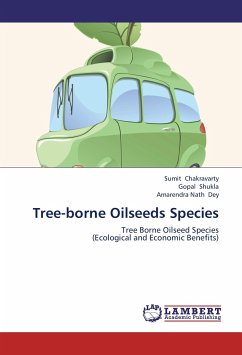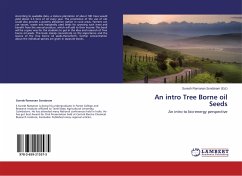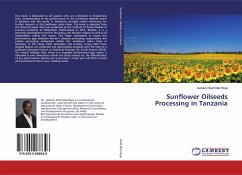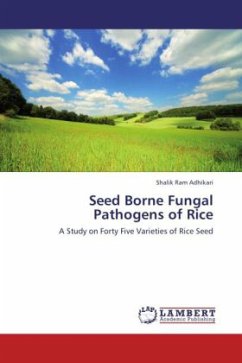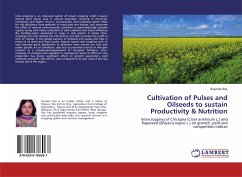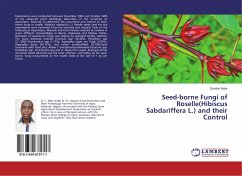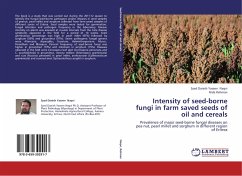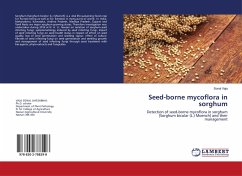Meeting the energy needs of a rapidly-growing economy like India is a matter of apprehension. Issues associated with conventional petroleum energy are fluctuating global prices, depletion of reserves, dependence on imports and environmental pollution. Understandably, efforts have been intensified to identify alternative sources of energy. Jatropha and some more non-edible tree borne oil seed species as biodiesel has emerged as viable options. These tree borne oil seeds are elaborated for their potential as biodiesel. The advantages and constraints for production and adoption of these crops as biodiesel is also discussed. Some remedial measures for smooth and efficient adoption of these tree borne oil seeds are also suggested.
Bitte wählen Sie Ihr Anliegen aus.
Rechnungen
Retourenschein anfordern
Bestellstatus
Storno

